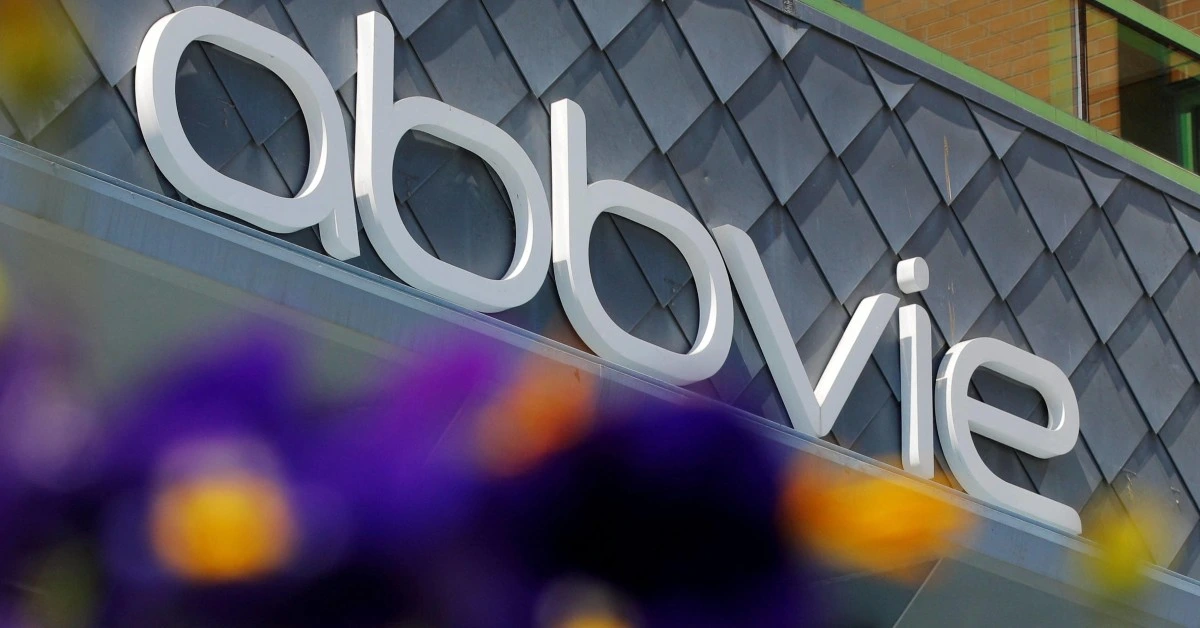
USA – AbbVie has entered the obesity treatment market with a US $2.3 billion deal to acquire global rights to GUB014295, a long-acting amylin analogue developed by Danish biotech Gubra.
Announced on March 3, the agreement marks AbbVie’s first step into this competitive sector. Under the terms, Gubra will receive US $350 million upfront, with up to US $1.875 billion in milestone payments.
The company is also eligible for tiered royalties on future sales. Following the announcement, Gubra’s stock surged by 24% at market open.
How GUB014295 works
GUB014295 is an amylin receptor agonist that also targets calcitonin receptors. Amylin analogues are known for their appetite-suppressing effects and ability to slow gastric emptying, both of which contribute to weight loss.
In a Phase I trial (NCT06144684) conducted by Gubra, participants who received 3.5mg to 6mg of GUB014295 experienced an average 3% weight loss over six weeks, while the placebo group gained 1%.
The drug is currently undergoing further testing in the multiple-ascending dose (MAD) phase of the trial.
A growing market for obesity treatments
The obesity drug market has become a major focus for big pharmaceutical companies due to the success of GLP-1 receptor agonists (GLP-1RAs) such as Novo Nordisk’s Wegovy and Eli Lilly’s Zepbound (tirzepatide).
Amylin analogues like GUB014295 are being explored as an alternative or complementary approach to these drugs.
Unlike GLP-1RAs, which promote insulin secretion and glucagon reduction, amylin analogues suppress glucagon, increase feelings of fullness, and slow digestion.
This unique mechanism could make them a promising option for obesity and diabetes treatment.
Competition and challenges in the Amylin space
Amylin-based therapies have had mixed results in clinical trials. Novo Nordisk’s CagriSema, a GLP-1/amylin combination, met its primary goal in a Phase III trial (NCT05669755) but failed to achieve the company’s target of 25% weight loss, leading to disappointed investor reactions.
Denmark-based Zealand Pharma is also developing an amylin analogue, petrelintide, as a potential best-in-class obesity therapy.
Meanwhile, Gubra has collaborated with Boehringer Ingelheim on obesity research, co-developing multiple drug candidates.
One of their remaining assets, BI 3034701, a triple agonist peptide, entered Phase I trials in July 2024. Gubra has also partnered with Amylyx to develop a long-acting GLP-1RA.
AbbVie’s late entry into the market
AbbVie is one of the last major pharmaceutical companies to enter the booming obesity drug market, which is projected to exceed US $173.5 billion by 2031 in key global regions, including the US, UK, and major European countries.
By acquiring GUB014295, AbbVie is positioning itself to compete with industry leaders like Novo Nordisk and Eli Lilly.
XRP HEALTHCARE L.L.C | License Number: 2312867.01 | Dubai | © Copyright 2025 | All Rights Reserved